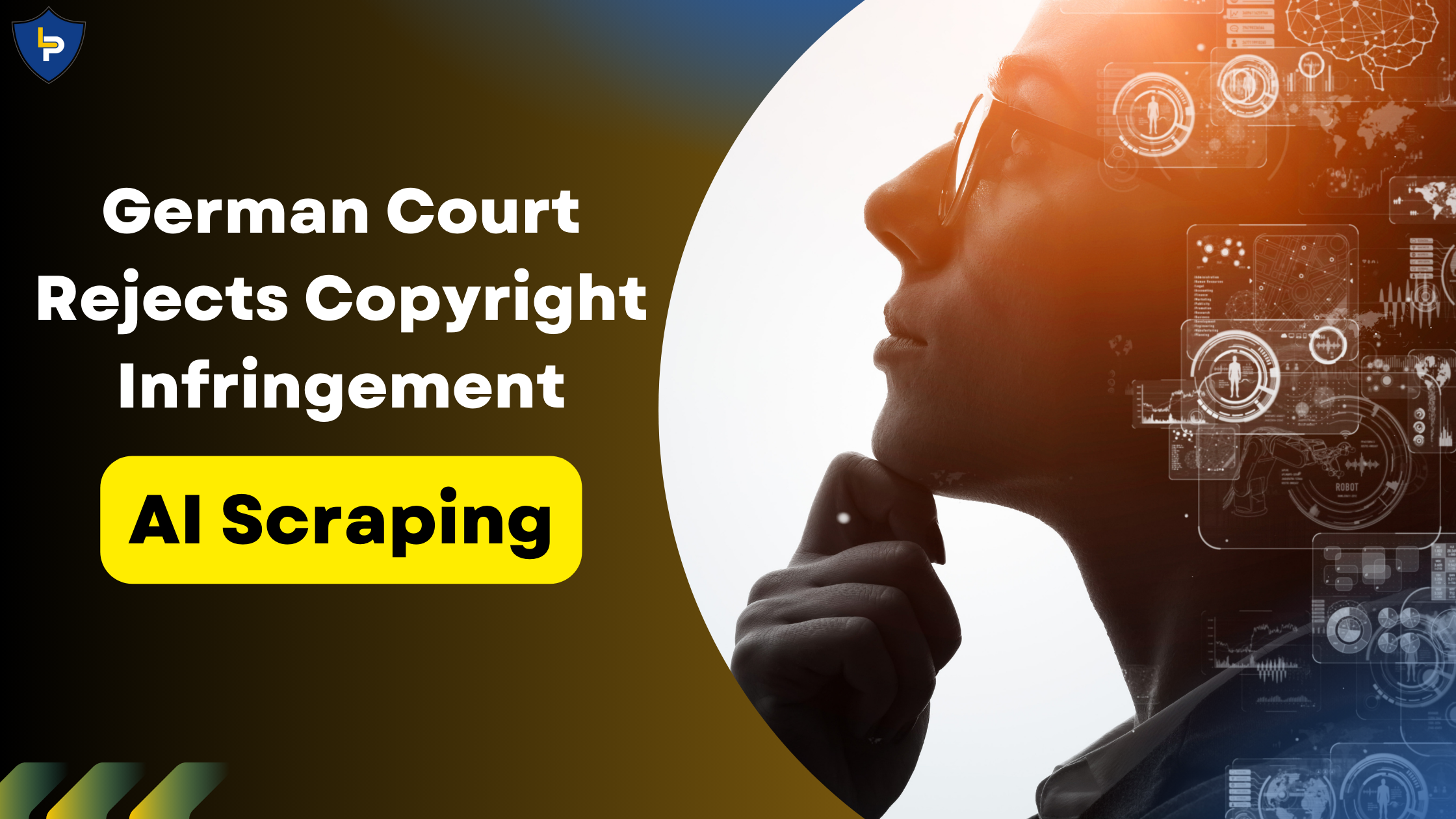A Landmark Ruling for AI Training : German Court Rejects Copyright Infringement in AI Data Scraping for Research

A recent German court ruling has made waves in the debate over copyright protection and AI training, with significant implications for both the future of artificial intelligence (AI) and the legal landscape surrounding data usage. The German district court ruled that scraping images from the internet to train AI models does not constitute copyright infringement, provided the scraping is done for non-profit, scientific research purposes. This decision marks a turning point in the ongoing tension between copyright protection and the rapid advancement of AI technology.
The case at the heart of this decision involved the non-profit organization LAION, which assembled a massive dataset of image-text pairs to train its AI models. The dataset was compiled by scraping publicly available images from various websites, including an image owned by photographer Robert Kneschke. Kneschke argued that his copyright had been violated when his image was included in the dataset without permission.
However, the court ruled in favor of LAION, stating that their actions fell under the “scientific research exception” in German copyright law. This exception permits the reproduction of texts and data for research purposes, even if the end goal may eventually be commercial. The court’s interpretation emphasized that the creation of the dataset—despite its potential commercial applications—was a form of scientific research. Moreover, the free availability of the dataset to the public further supported the court’s conclusion that the scraping was permissible under the law.
In addition to addressing the legality of the scraping itself, the court considered Kneschke’s argument regarding the “no scraping” notice on his website. The court acknowledged the existence of the notice but found it ineffective in this case because it was not machine-readable. This ruling indicates that in future cases, the technical manner in which website terms are presented may become an important factor in determining whether data scraping can be legally prevented.
This decision marks a significant milestone in the intersection of copyright protection and AI development. It highlights the tension between safeguarding intellectual property rights and promoting technological innovation. As AI models rely on vast amounts of publicly available data for training, the question of what constitutes fair use and whether copyright protection can be maintained in such contexts remains an area of intense debate.
The ruling also suggests that legal frameworks for data scraping and copyright protection need to evolve in response to the rapid development of AI technology. Clearer guidelines are necessary to balance the rights of content creators and the potential benefits of AI research. While copyright protection is crucial for preserving creators’ intellectual property, the decision underscores the importance of allowing for scientific research and innovation to proceed without overly restrictive legal barriers.
Looking forward, this ruling may encourage further exploration of how data scraping can be applied in AI research without violating copyright laws. The case sets a precedent for future legal challenges related to the use of publicly available data and may inspire similar rulings in other jurisdictions. As AI technology continues to advance, it will be critical for courts, lawmakers, and industry stakeholders to navigate the complexities of copyright protection and its role in fostering technological progress.
In conclusion, the German court’s decision to uphold the scraping of publicly available data for non-profit AI research serves as a key moment in the ongoing debate surrounding copyright protection and AI training. It reinforces the importance of striking a balance between copyright enforcement and the promotion of scientific research and innovation. As AI continues to evolve, further legal clarifications and protections will be essential to ensure that both intellectual property rights and technological advancements can coexist in a rapidly changing digital landscape.
Blog Author : Keya Modi
